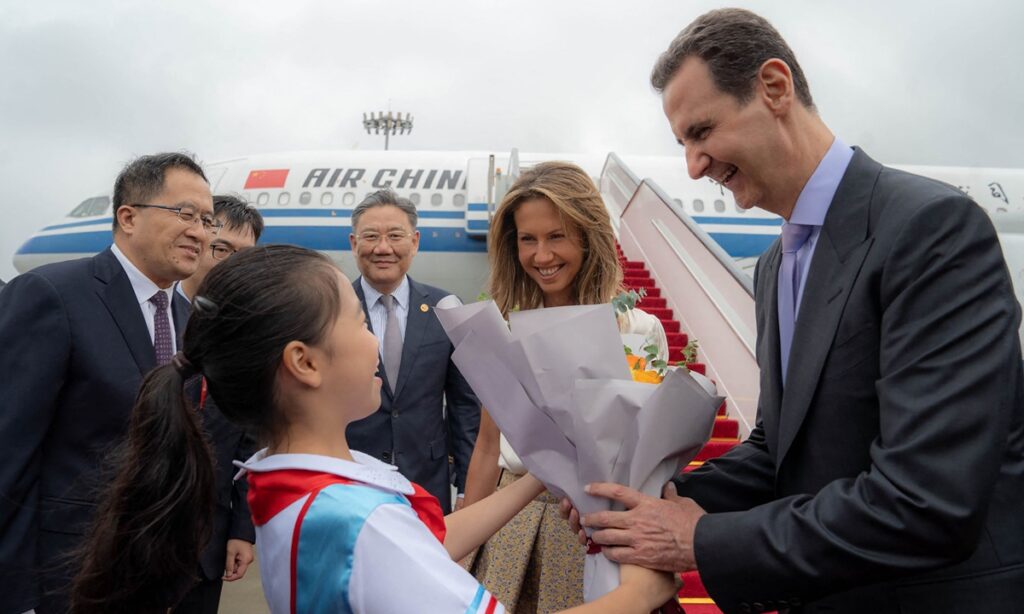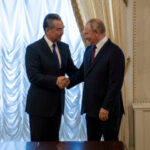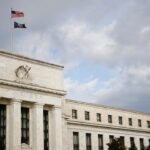Syrian President Bashar al-Assad is making a visit to China accompanied by a political and economic delegation. Experts believe that this visit will further strengthen bilateral economic and trade ties in areas ranging from infrastructure construction to cross-border yuan settlement, trade and digital technology.
Bashar on Thursday arrived in Hangzhou, capital city of East China’s Zhejiang Province, to attend the opening ceremony of the 19th Asian Games, the Xinhua News Agency reported.
The visit includes a number of meetings and events in Beijing and Hangzhou and he would be accompanied by “a political and economic delegation”, the Syrian president’s office said in a statement on Tuesday.
The visit marks Bashar’s first trip to China since 2004, according to Beijing Daily. China is the sixth country that he has visited since the outbreak of the Syrian conflict in 2011. The conflict has led to continuous turmoil in the region and economic sanctions imposed by Western countries have further worsened the Syrian economy.
Syria may seek further economic cooperation with China in post-war reconstruction, particularly in infrastructure, under the China-proposed Belt and Road Initiative (BRI), Liu Zhongmin a research fellow at the Middle East Studies Institute of Shanghai International Studies University, told the Global Times on Thursday.
“The economic and social reconstruction of Syria, especially the reconstruction of infrastructure and improvement of people’s livelihoods, should be a key focus for Syria. This aligns with the BRI, which centers on promoting infrastructure construction, trade and investment,” Liu said.
Syria in January 2022 signed a memorandum of understanding on the BRI as the country is seeking post-war reconstruction.
As Syria’s economy grows, cities are being rebuilt and investment opportunities are emerging. Syria has abundant resources which offer investment opportunities in mining, machinery, power plants and tourism development.
The two countries may also discuss topics such as promoting yuan settlements instead of using the US dollar in cross-border settlements, experts said.
In April, Bashar mentioned the emerging trend of abandoning the use of the US dollar and opting for the yuan as a currency for cross-border trade settlements during a meeting with Special Envoy of the Chinese Government on the Middle East Issue Zhai Jun, according to Beijing Daily.
It shows that Syria, long crippled by Western sanctions, desires more independent economic and trade relations with China, and it is optimistic about the internationalization of the yuan and China’s positive economic performance, Liu said.
Additionally, deepened cooperation for trade and digital cooperation between the two countries can be expected from this visit, Liang Haiming, dean of Hainan University Belt and Road Research Institute, told the Global Times on Thursday.
“Syria has huge demand for Chinese products and imports of more high-quality Chinese products will help meet its economic development and daily needs of the people,” Liang said.
China has become Syria’s largest trading partner in terms of imports according to Syrian Minister of Economy and Foreign Trade, Mohammad Samer al-Khalil.
In recent years, there is growth of China’s exports of pharmaceuticals and medical equipment, infrastructure equipment and daily necessities to Syria, according to comnews.cn.
Exports of Syrian handicrafts, rose essential oil and other specialty products to China have also been steadily increasing.
According to customs statistics, bilateral trade reached $426 million in 2022.
Cooperation in the field of digital economy is also expected to accelerate. There is large scope for collaboration in digital industries such as mobile payments, smart cities, nanotechnology and cloud computing, to promote technological advancement and services trade in Syria, thereby accelerating economic development, Liang said.
(Global Times)




